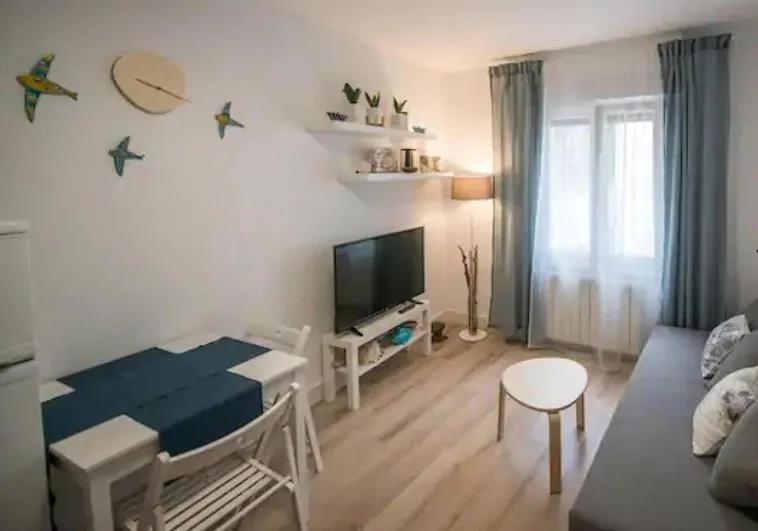All tourist and short-term rental properties in Spain will need to be registered on new database to allow listing on digital platforms
The proposed measure has been presented to government ministers in a full cabinet meeting this week following protests from the public and growing pressure for them to take action over the housing crisis
The Spanish government is trying to calm those who are protesting over the national housing crisis by giving the green light to two measures that were already being worked on, one of which has even caused friction with Sumar, its coalition partner.
The Minister for Housing and the Urban Agenda, Isabel Rodríguez, informed government ministers at their cabinet meeting on Tuesday about the ruling to regulate tourist and seasonal (short-term) housing. This regulation, which is a substitute for a European directive on the same issue, will come into force on 2 January next year (with a test phase yet to be defined) and will require homeowners wanting to rent their property for short periods of time to list them on a single register. Once registered they will obtain a code. Until they have the code they cannot market that property on any digital platform (like Airbnb or Booking, but also those of other real estate portals and agencies).
The measure was planned and announced beforehand but it has been formally raised in the full cabinet meeting after all this public pressure and lobbying from interested parties.
According to the royal decree submitted for public hearing, landlords will be obliged to obtain a registration number, provide the information required for registration or renewal, respond to requests for information and communicate to the online platforms the registration number that has been assigned by land registry or the register for real estate. As for the online platforms, they are obliged to ensure that landlords identify their properties with this number in their applications and that it is visible in their advertisements. The procedure for requesting the registration number will be carried out through the central electronic office of the Colegio de Registradores (Spain's professional body for property registrars).
The registration number obtained is valid for 12 months. After this, renewal must be requested by providing a list of the leases for each category established during the validity of this registration number and, in the case of seasonal leases, a 'declaración responsable' (a legal statement) that the reasons justify the temporary nature of that rental. Trade unions proposed that seasonal rentals should be for less than six months, but central government has given priority to the reasons and that the time period should vary depending on the reason. If it is for an academic year it could be nine months, for a temporary move for work it could be longer or for medical treatments such as chemotherapy.
"The land registry will be able to certify that the property complies with local and state regulations, as well as that the residents' association has approved that there can be tourist flats in the block," Rodríguez explained. As such the minister pointed out that two objectives would be achieved: firstly, to uncover any fraud and secondly to put a stop to illegal tourist accommodation in order to "free up more residential rental housing stock."
'Digital one-stop-shop for rentals'
Central government aims to create a kind of 'digital one-stop-shop for rentals' through which the collection and exchange of data relating to rental services and short-term rentals will be regulated while also connecting digital platforms, landlords, registrars and relevant governing bodies. Spain will be the first country in the European Union to develop this one-stop shop.
The registrar will have 15 days to check that the property complies with the conditions and, if there is anything to remedy, the owner will have seven days to comply with the regulations. Penalties for owners who advertise their rental without the registration number will be the responsibility of the regional authorities, local councils or consumer law enforcement.
Bono Alquiler Joven
In addition, the cabinet approved the renewal of the Bono Alquiler Joven (a grant scheme for young renters that pays up to 250 euros per month for the first two years of renting). This was agreed at the meeting with heads of all regional governments on housing. The budget is for the same amount (200 million euros per year) as the previous two years. It does not have the backing of central government's coalition partner, Sumar. That particular political party believes that these rental subsidies for young people only benefit landlords, who raise their prices knowing that young people have this extra money. When asked about the discrepancies expressed by her government partner, Sumar, with regard to the government's housing policies, the minister stated that "the only tension" she cares about is "that of the rental market." In this regard, she once again called on local authorities, the competent bodies in this area, to use this new instrument set up by the national government to "pursue and sanction" owners of illegal tourist flats.

